Human-Computer Interaction
Our mission: To create the next generation of interactive technologies.
We are a world-leading group of Human-Computer Interaction (HCI) researchers who study, teach and are fascinated by issues arising from humans interacting with emerging technologies. Our group has strong foundations in both qualitative and quantitative methods, and brings together cutting-edge technology design with development. Our state-of-the-art facilities enable us to create and study the next generation of interactive technologies, which we validate in a number of important application areas.
Research themes
-
Smart Spaces
Bringing together researchers who develop interactive technologies to augment our everyday environments.
-
Ubiquitous computing
Developing novel technologies that move beyond the desktop computing paradigm. The topics we work on include context awareness, sensing techniques, smartphone technologies, wearables, the Internet of Things, mobility analysis, and smart environments.
-
Digital health
Seeking to support citizens to take control of their health, to help health professionals get treatment to more people more efficiently, and to help health systems cope with increasing loads.
-
Digital nature
We investigate how digital technologies can be designed to help people enjoy, appreciate and learn about the natural world.
-
Novel interactions
Designing and developing prototypes using new interactive devices, including, but not limited to: virtual, augmented, and extended reality, eye tracking, physiological sensors, 3D printing, motion capture, projection mapping, interactive AI and machine learning.
-
Design for ageing
Investigating how new technologies can be designed and used to support people’s wellbeing and social connectedness in later life.
-
Games and play
Exploring the ways that people experience and create games and playful experiences; and seeking to understand how technology supports these activities.
-
Social computing and communities
Creating and evaluating sociotechnical systems that help mediate communication and collaboration between people.
-
Human-Robot Interaction
Our work brings together research from human-computer interaction, robotics, and AI to develop a robotics system that adapts to humans autonomously.
Group leaders
A/Prof Jorge Goncalves
Academic staff
Study
If you are interested in undertaking studies in Human-Computer Interaction and affiliated disciplines, we offer a number of options.
We teach a variety of subjects covering a range of HCI topics, including methods, techniques, technologies. Most of our taught subjects are primarily project-based.
Our group also supervises a range of research and software development projects for students working on a minor thesis.
Studying with us gives you access to state-of-the-art facilities, hands-on experience with novel interactive technologies, and opportunities to put in practice skills that are in high demand in the job market.
-
HCI programs for potential students
Find out about the undergraduate and graduate coursework programs we offer.
-
HCI subjects
See which subjects or projects you can do with us.
-
Masters projects
Our group supervises masters projects across various coursework programs. View available projects.
-
Potential PhD students
Find out how to do a PhD in HCI.
Facilities
Our researchers and students have access to a number of facilities at the University that allow them to develop and run experiments to push the boundaries of human-computer interaction. Each facility is unique and together provides researchers with end-to-end research capabilities from developing and manufacturing prototypes to running interaction design experiments.
-
User Experience Lab
A specialist facility for usability testing and interaction research, it supports a wide range of UI/UX activities and offers access to advanced audio-visual equipment and user testing tools such as observation rooms, HD cameras, microphone arrays and eye-trackers.
-
Interactive Technologies Lab
A research laboratory dedicated to the exploration, design and development of novel interactions equipped with technologies such as motion-capture, AR/VR headsets, depth sensor cameras, wearables, various sensors and electronics development kits.
-
Engineering Workshop
A workshop that has been running since 1938 that provides design consultancy and manufacturing services such as CNC machining, conventional machining, welding fabrication, 3D printing and scanning, sheet metal fabrication and plumbing.
-
Telstra Creator Space
An accessible fabrication lab located at Melbourne Connect precinct, where technology and creativity combine to design and build innovative solutions available to active Melbourne University students, academics, or Melbourne Connect tenants.
Contact the Lab Manager
To arrange access or use of these facilities, contact:
- Lab Manager
- Allen Mari Pilares
- allen.pilares@unimelb.edu.au
- Phone
- +61 3 9035 8760
Upcoming seminars
Recent seminars
Past seminars
- Thursday 1:00pm – 2:00pmAugmented reality annotations for face-to-face interaction: using AR to enhance skill-movement acqui...
 Seminar or Forum
Seminar or Forum - Friday 3:00pm – 4:00pmTask assignment using worker context and cognitive ability for improving data quality in crowdsourci...
 Seminar or Forum
Seminar or Forum - Friday 2:00pm – 3:00pmDeveloping the proactive smart speaker system
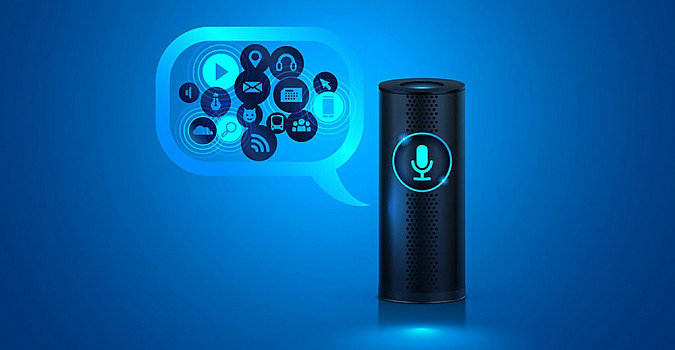 Seminar or Forum
Seminar or Forum - Friday All dayInsertable devices: The uses and capabilities of devices in, through and underneath the skin
 Seminar or Forum
Seminar or Forum - Friday 3:00pm – 4:00pmVirtual Reality to provoke engagement with climate change
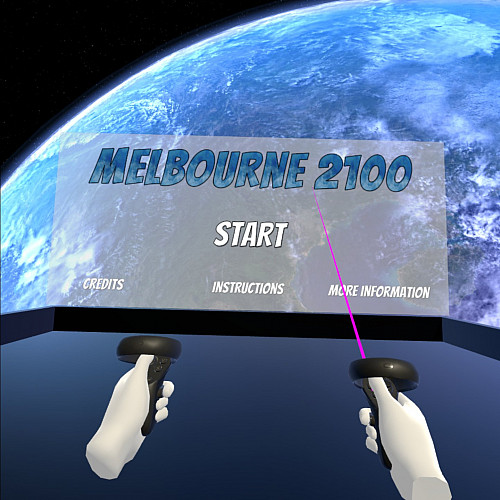 Seminar or Forum
Seminar or Forum - Wednesday 3:00pm – 4:00pmA toolkit for developing mobile NIRS-based applications
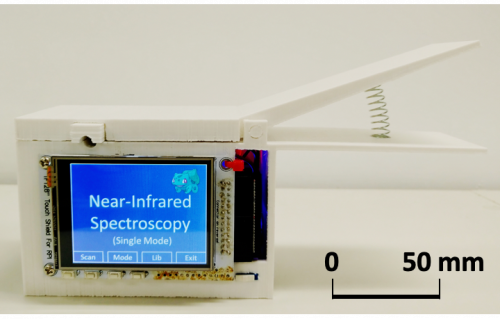 Seminar or Forum
Seminar or Forum - Friday 3:00pm – 4:00pmPersuasive design and the art of resistance
 Seminar or Forum
Seminar or Forum - Friday 3:00pm – 4:00pmContestability in algorithmic decision-making
 Seminar or Forum
Seminar or Forum - Friday 3:00pm – 4:00pmExploring perception through the eyes: from eye tracking to visual saliency and mental imagery
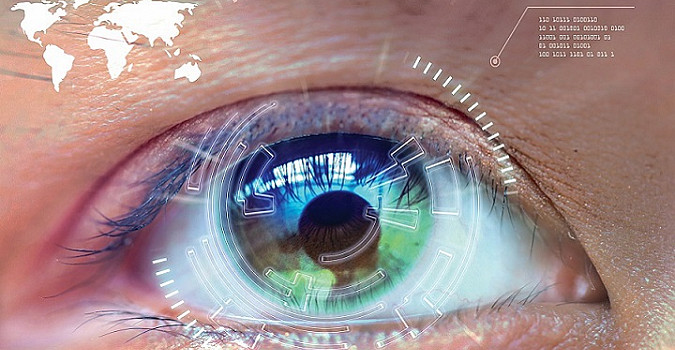 Seminar or Forum
Seminar or Forum - Friday 3:00pm – 4:00pmEcholocation as a means for people with visual impairment to acquire spatial knowledge of virtual sp...
 Seminar
Seminar - Friday 3:00pm – 4:00pmUnderstanding the experience of esports spectatorship: an exploration of place(lessness) and authent...
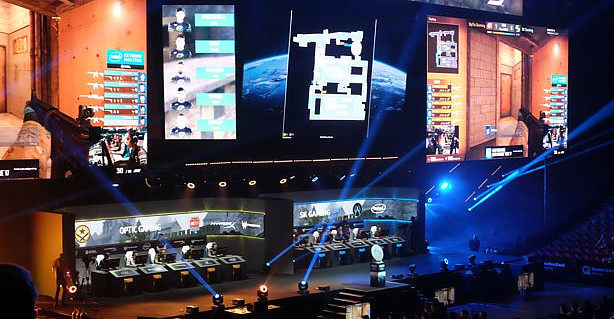 Seminar
Seminar - Thursday 2:00pm – 3:00pmTarget selection under challenging scenarios in virtual reality environments
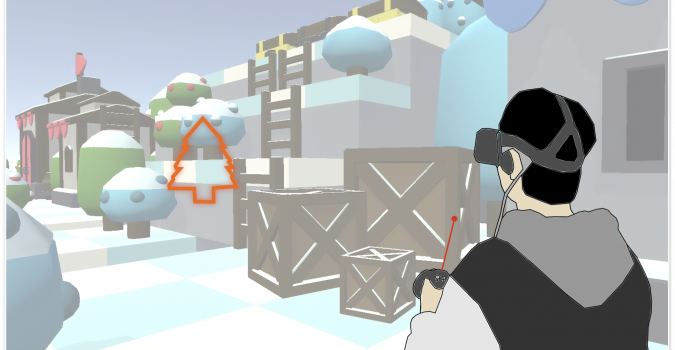 Seminar
Seminar - Wednesday 3:00pm – 4:00pmOvercoming the limitation of visual feedback in mixed reality
 Seminar or Forum
Seminar or Forum - Tuesday 2:00pm – 3:00pmRobust Multimodal Emotion Recognition in Real World Settings
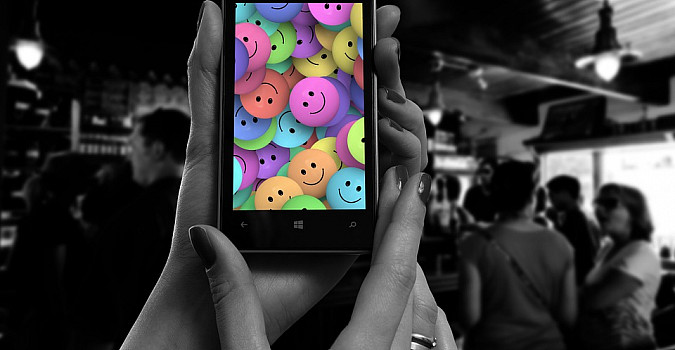 Seminar or Forum
Seminar or Forum - Friday 3:00pm – 4:00pmAdoption of Emerging Technologies in Residential Aged Care
 Seminar or Forum
Seminar or Forum - Friday 3:00pm–4:00pmThe Digital Therapeutic Alliance and HCI
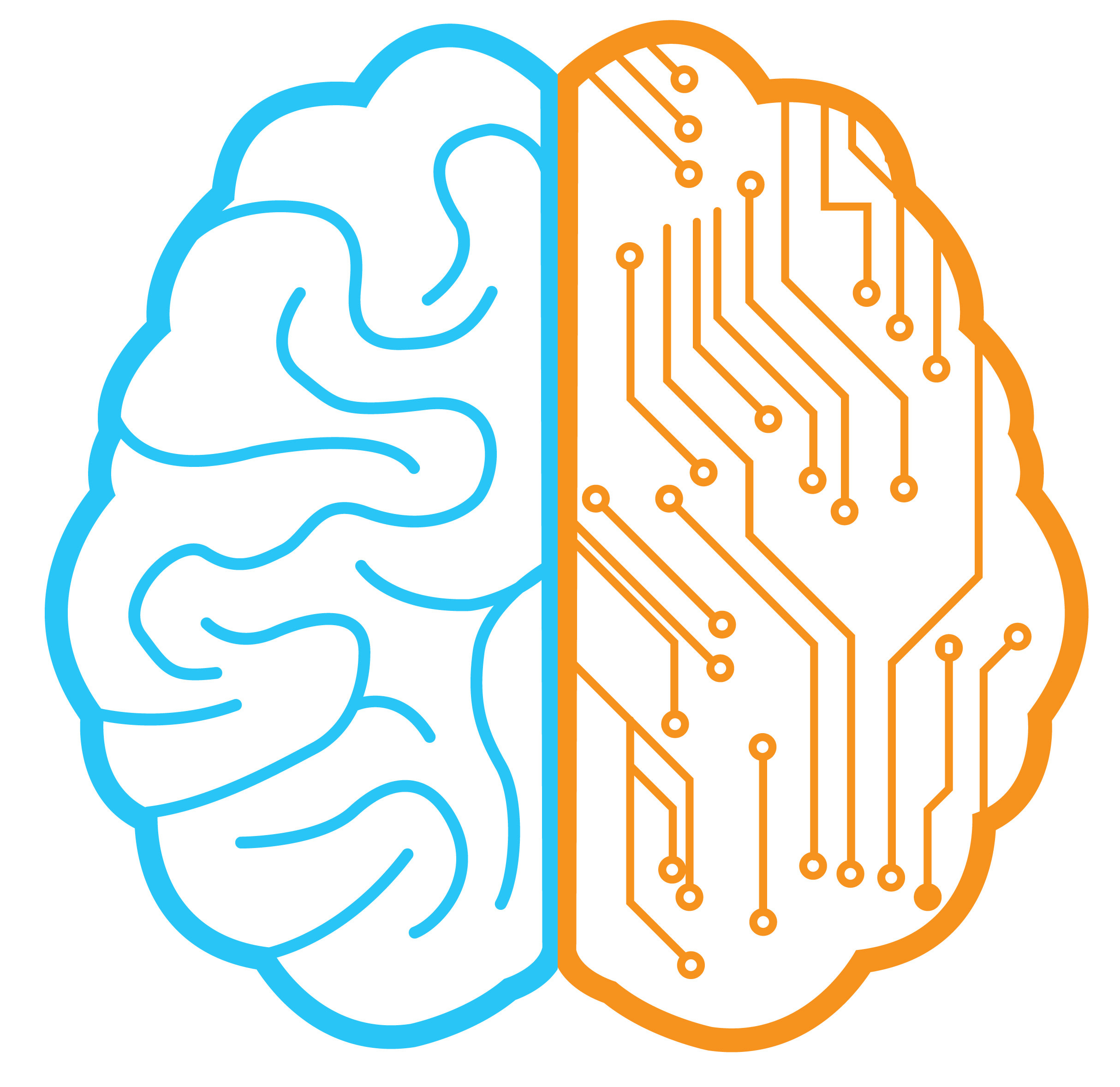 Seminar/Forum
Seminar/Forum - Friday 1:00pm–2:00pmAgeing in the 21st century: can social technologies help change the ageist paradigm?
 Seminar/Forum
Seminar/Forum - Thursday 11:00am–12:00pmLet's Play Communities: Definitions, Evolution, and Economies
 Seminar/Forum
Seminar/Forum - Friday 3–4pmUnderstanding crowd worker behaviors
 Seminar/Forum
Seminar/Forum - Tuesday 10:30am–11:30amHand Hygiene in Hospitals
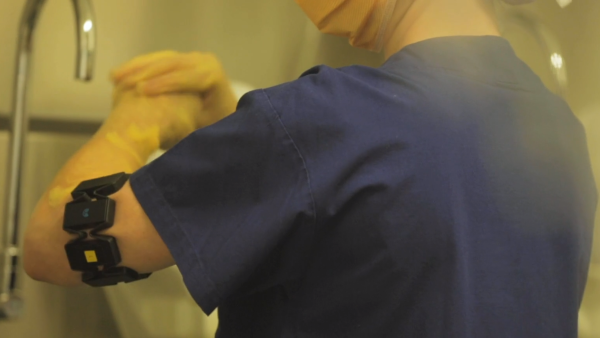 Seminar/Forum
Seminar/Forum - Monday 3–4pmUnderstanding User Attention in Mobile Augmented Reality Applications
 Seminar/Forum
Seminar/Forum - Wednesday 3–4pmInfluence of Semantic and Auditory Stimuli on Mind Wandering: Behavior Analysis and Automatic Detection using Physiological Sensors
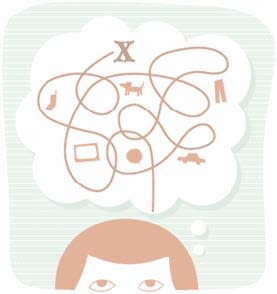 Seminar/Forum
Seminar/Forum - Monday 2–3pmAlgorithmic Music Curation: Shaping Music Practices and Taste Across User Groups
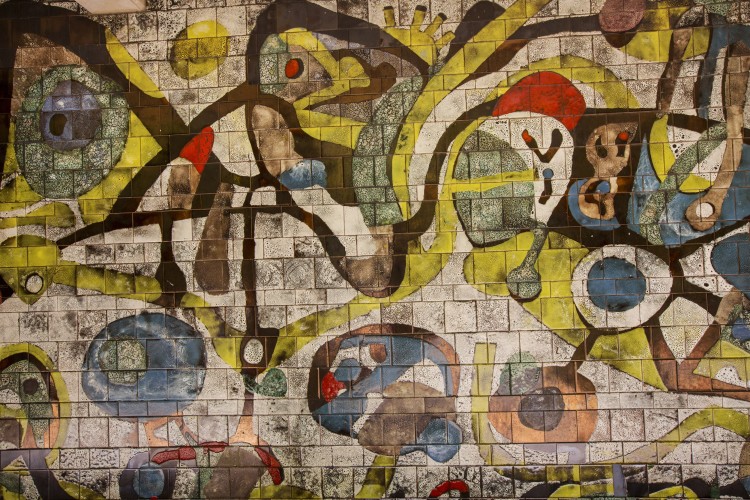 Seminar/Forum
Seminar/Forum - Thursday 1.30–2.30pmExploring the problems and experiences of older adults learning to use digital technologies
 Seminar/Forum
Seminar/Forum - Wednesday 3–4pmNew Interaction Paradigms in the Age of Artificial Intelligence: Human-AI Collaboration to Amplify the Mind
 Seminar/Forum
Seminar/Forum - Monday 12–1pmHand Hygiene in Hospitals
 Seminar/Forum
Seminar/Forum - Wednesday 3–4pmFuture of mental health sensing: call to arms
 Seminar/Forum
Seminar/Forum - Friday 3–4pmThe role of technology in understanding perspectives on aging and health
 Seminar/Forum
Seminar/Forum
Time
Weekly seminars are usually held on Fridays from 3–4pm on topics relevant to interaction design. Special and additional seminars are also held occasionally; refer to the upcoming seminars for details.
Venue
Room 5206, Level 5
Melbourne Connect (Building 290)
700 Swanston Street Carlton VIC 3053
Subscribe
To subscribe to our seminar mailing list, contact:
- Seminar Coordinators
- Samangi Wadinambiarachchi Email: samangi.wadinambiarachchi@student.unimelb.edu.au
- Cherie Sew Email: csew@student.unimelb.edu.au
